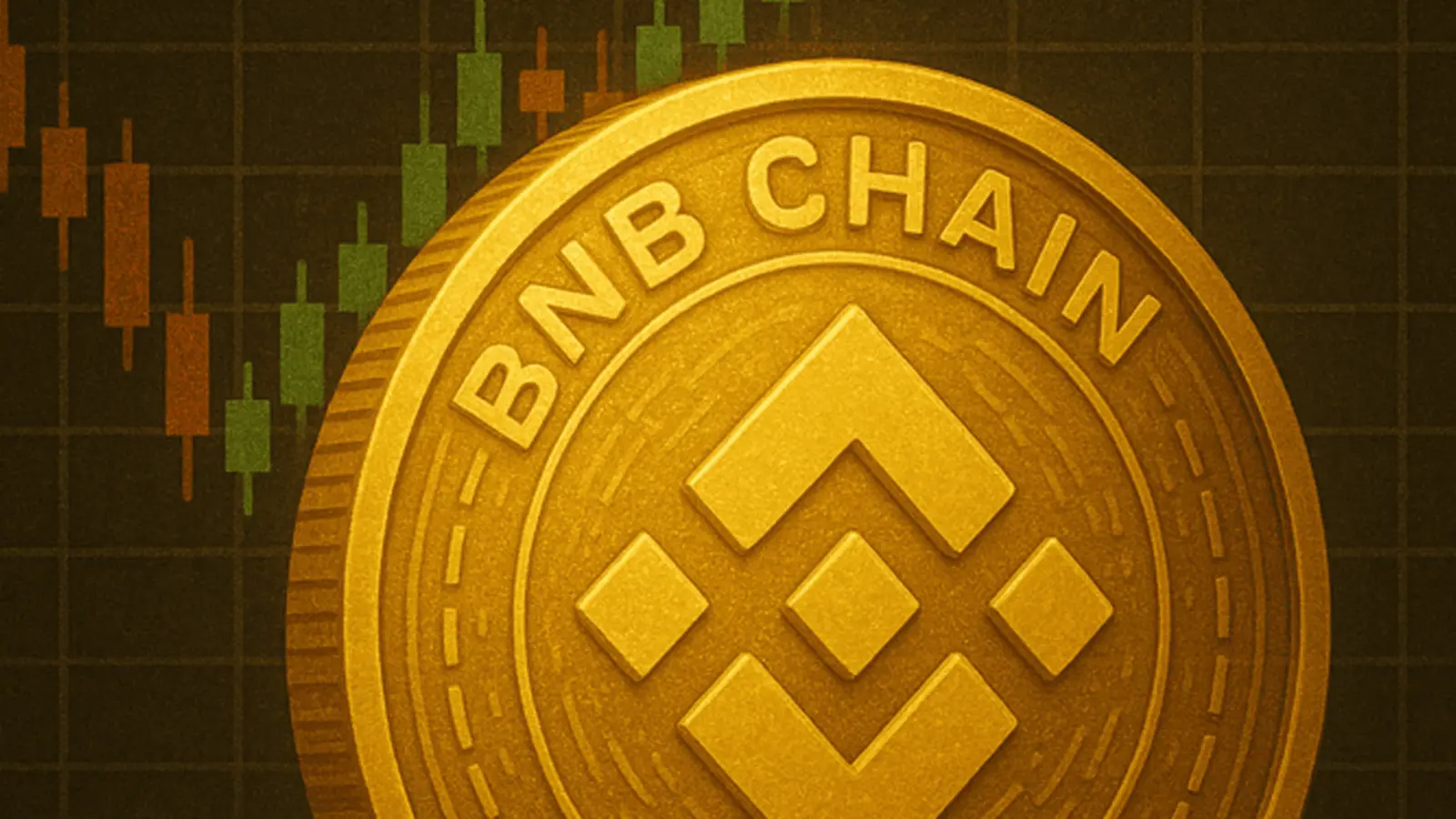5 Minutes
BNB Chain confirms phishing attack behind $13K X account breach
BNB Chain has announced the results of its internal investigation into the social media hack that targeted its official X account on Oct. 1. The team says the breach originated from a phishing link and that all affected users have been reimbursed in USDT. Total losses from the attack amounted to roughly $13,000, with 13 users compensated for stolen funds.
What happened during the X account compromise
On Oct. 1, an unauthorized actor gained control of the BNB Chain official account on X and posted multiple messages promoting a fake BNB airdrop. Each malicious post included a phishing link using the domain bnbchain.org, which was capable of draining wallets of users who clicked and approved transactions.
The malicious campaign continued until about 06:00 UTC, after which the posts were removed and the account was restored. In its update, BNB Chain confirmed it had regained access to the handle, deleted the fraudulent posts, and initiated compensation payments to impacted users in Tether USDT.
Compensation breakdown and loss analysis
BNB Chain says 13 users were reimbursed for losses caused by the phishing scheme. The largest single payout was $6,586 in USDT to one address, while the smallest transfer covered just $1.13. These reimbursements were made in USDT, with the platform promising full restitution to each affected wallet.

Preliminary findings indicated that attackers posted ten phishing links, causing roughly $8,000 in direct losses across multiple chains and a single-user theft of about $6,500. In addition, the attacker used a phishing contract to deposit $17,800, engage in a rug-pull on meme tokens valued at $22,000, and realized approximately $4,000 in profit from those token trades. Altogether, these steps explain the hacker's approximate gains of $13,000 tied to the incident.
Security response and unanswered questions
BNB Chain says it has identified, contained, and removed the phishing link. The team has implemented additional security safeguards aimed at preventing similar account-takeover attacks and strengthening social media account protection. However, the company has not disclosed whether it is actively trying to trace the attacker or recover stolen funds beyond the reimbursements made to users.
The update emphasized improved guardrails and internal controls but did not specify technical details about authentication hardening, third-party app audits, or whether a full forensic review with external security partners will be published.
Community reaction and market impact
The hack prompted debate in crypto communities about the security of verified social media accounts and the need for stronger safeguards around authenticators and linked apps. Some users urged BNB Chain to force logouts of all authenticator sessions and to adopt stricter posting controls for verified handles.
At the time of the announcement, BNB price movement appeared minimally affected. The token slipped from around $1,100 and was trading near $1,090, down about 1.7% in the past 24 hours and reflecting a week-long decline of roughly 3.29%. Market observers noted that social media incidents can undermine user trust but do not always translate into immediate, large-scale sell-offs for major chains.
Related activity: memecoin pump and community response
BNB Chain also noted an unusual post-incident reaction when Binance founder Changpeng Zhao highlighted how parts of the community rallied around a memecoin called 4 after the attacker rug-pulled tokens. Reports say community members briefly pumped the memecoin by about 500% before its value normalized, underscoring how decentralized communities sometimes react to exploits with collective trading behavior.
Key takeaways for crypto users and projects
- Stay vigilant against phishing: Always verify domains and links before connecting wallets or approving transactions, especially when prompted by social media posts.
- Use wallet best practices: Prefer hardware wallets for significant holdings, enable robust two-factor authentication, and revoke third-party approvals regularly.
- Monitor official channels: Follow multiple official sources and watch for coordinated statements from projects on X, Telegram, or official websites to validate announcements.
- Projects must harden social accounts: Teams running blockchain projects should restrict posting permissions, enforce stricter access controls, and regularly audit any third-party integrations.
BNB Chain's decision to reimburse victims in USDT aims to restore user confidence, but the incident highlights persistent risks around social engineering and phishing in crypto. Users and projects alike must adopt stronger operational security and continuous monitoring to reduce the likelihood and impact of similar X account and social media-based attacks in the future.
Source: crypto
Comments
Tomas
Wow that $6.5k single payout tho! reimbursements help but social accounts keep getting owned. if they don't harden auth, this will happen again, sigh crypto needs better ops
coinSage
Is this even true? Paid victims but no sign they're tracing the hacker, no external forensic report... feels half baked. who audited that bnbchain.org domain? and why not force logout of all auth sessions? sketchy.


Leave a Comment